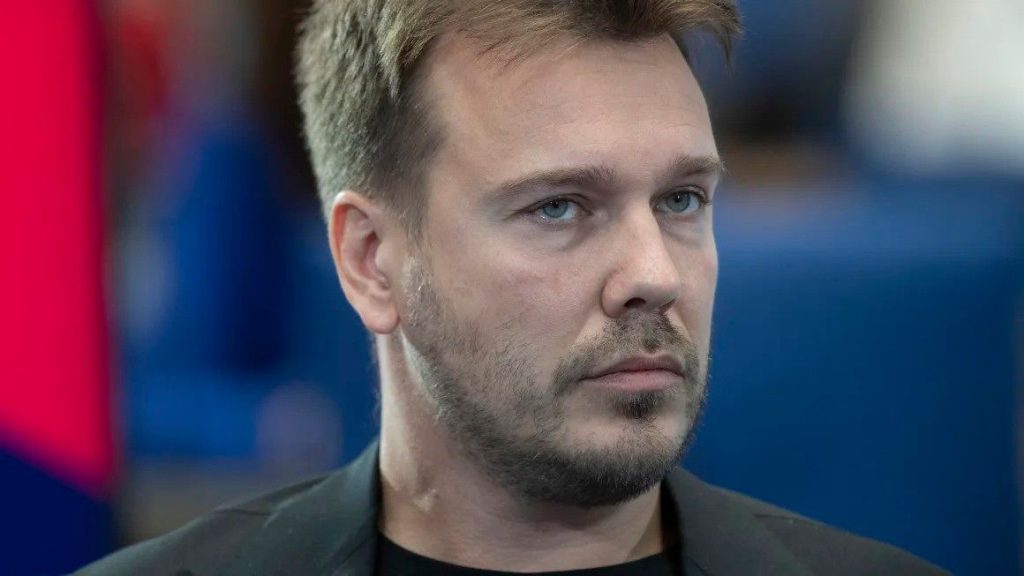The Russian government has intensified its crackdown on opposition media, sentencing exiled Russian journalist Mikhail Zygar to eight and a half years in prison in absentia for spreading “fake news” about the Russian army. Zygar was charged with publicly disseminating false information about the use of the armed forces of the Russian Federation based on an Instagram post where he accused Russian forces of committing war crimes in Bucha, Ukraine. Bucha, a suburb northwest of Kyiv, was occupied by Russian troops during the full-scale invasion of Ukraine, and after its liberation, mass graves with civilians were discovered, highlighting Russian atrocities in Ukraine. The Prosecutor General’s Office reported that more than 1,400 civilians were killed in Bucha District, including 637 in the city of Bucha, with many victims having gunshot wounds. Zygar, designated a “foreign agent” in 2022, faces a hypothetical extradition to Russia to begin his sentence, although Russia has not successfully extradited any prominent dissidents since the invasion began in 2022.
The charges against Zygar are part of a broader crackdown on media freedom in Russia, with journalist Evan Gershkovich sentenced to 16 years in jail on espionage charges and NY Times columnist Masha A. Gessen sentenced to eight years in prison in absentia for comments about Russian war crimes in Ukraine. Additionally, the Moscow Times has been labeled an “undesirable organization” by the Russian government, with authorities claiming that their work aims to discredit Russia’s leadership decisions in foreign and domestic policy. These actions demonstrate the government’s efforts to suppress dissent and control the narrative surrounding its actions in Ukraine, amid growing criticism and condemnation from the international community.
The sentencing of journalists and the designation of media organizations as “undesirable” reflect the increasing authoritarianism of the Russian government under President Vladimir Putin. These actions serve to intimidate journalists and media outlets, preventing them from reporting on Russia’s actions in Ukraine and holding the government accountable for its human rights violations. Despite facing repression and censorship, independent journalists in Russia continue to bravely report on the realities of the conflict in Ukraine, risking their freedom and safety to provide accurate information to the public and the international community.
Supporting independent journalism in Ukraine is crucial in the face of the government’s crackdown on opposition media. By becoming a member and supporting independent journalists, individuals can help uphold press freedom and ensure that accurate information is shared with the world. The efforts of independent journalists in Ukraine are essential in exposing the truth about the conflict and holding those responsible for war crimes and human rights violations accountable. Standing in solidarity with independent journalists is a way to support the fight for freedom of expression and democracy in the face of authoritarianism and censorship in Russia and beyond.
The importance of independent journalism in Ukraine extends beyond the conflict itself, as it plays a vital role in safeguarding democracy and human rights in the region. By supporting independent journalists, individuals can contribute to the promotion of truth, transparency, and accountability in Ukraine and around the world. Independent media serves as a crucial check on power, exposing corruption, abuses of power, and human rights violations. In a time of heightened censorship and repression, standing with independent journalists is a way to defend democratic values and the right to freedom of information for all. Supporting independent journalism is a way to resist authoritarianism, uphold democracy, and ensure that the voices of the oppressed are heard and amplified.


